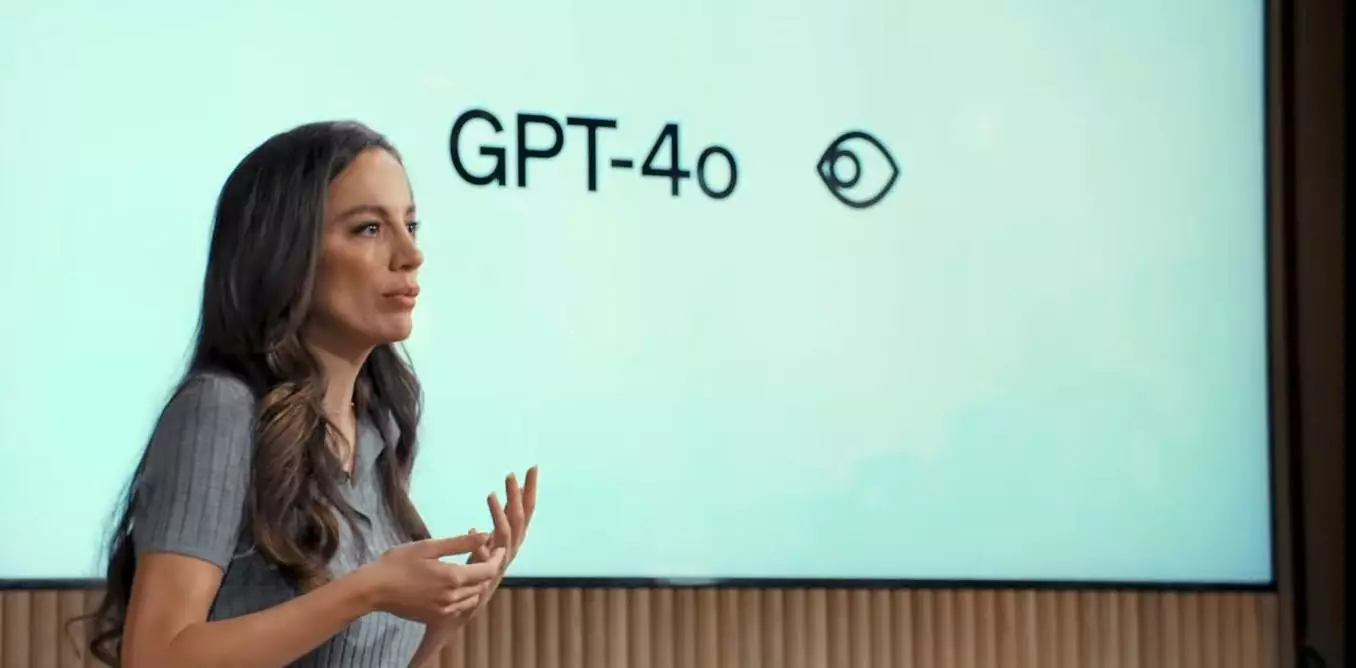The recent unveiling of OpenAI’s GPT-4o marks a significant advancement in artificial intelligence, particularly in the realm of conversational AI. The emphasis on personality in this new version raises several important questions regarding the impact it may have on users. While the demonstration videos showcase GPT-4o as friendly, empathetic, and engaging, the potential risks of creating AI that can simulate human emotions and behaviors cannot be ignored. The line between human-computer interaction and genuine emotional connections may become blurred, leading to concerns about over-reliance, manipulation, and even emotional harm.
Comparisons between GPT-4o and the AI system in the movie “Her” highlight the potential pitfalls of human-AI interaction. The protagonist’s deep emotional attachment to the AI in the movie raises questions about the nature of love, intimacy, and the value of human-AI connection. While GPT-4o may not reach the same level of sophistication as the AI in “Her,” the increasing ability of AI to mimic human emotions and behaviors poses a similar risk of users forming profound emotional bonds with AI companions. The implications of this trend remain uncertain, particularly in terms of ensuring AI tools are developed and used in ways that align with public values and priorities.
The evolution of AI systems like GPT-4o towards more multimodal capabilities, including the processing of text, images, audio, and video, represents a significant step forward in AI development. The ability to work across different modalities in real-time is essential for AI systems to understand the world and achieve complex goals effectively. However, critics argue that while GPT-4o’s advancements in multimodal capabilities are impressive, its text processing abilities may not be significantly better than its predecessors or competitors. The ongoing debate about the pace of improvement in AI models and the ability of major AI labs to sustain this rapid progress remains a critical issue in the field.
One notable aspect of GPT-4o’s launch is its availability to all users in the free version of ChatGPT, with some usage limits. This democratization of access to a more powerful AI system compared to its predecessors has the potential to impact millions of users worldwide, particularly in areas such as work and education. The practical implications of this development are yet to be fully understood, but the shift towards more powerful and feature-rich AI systems like GPT-4o may have far-reaching consequences for various industries and sectors.
The introduction of OpenAI’s GPT-4o represents a significant milestone in the development of conversational AI systems. While the advancement in personality, multimodal capabilities, and accessibility has the potential to enhance user engagement and satisfaction, it also raises important ethical considerations and implications. As AI technology continues to evolve rapidly, it is essential to critically evaluate the impact of these advancements on society, privacy, and human-AI interactions to ensure that the development and deployment of AI tools are aligned with public values and priorities.



Leave a Reply